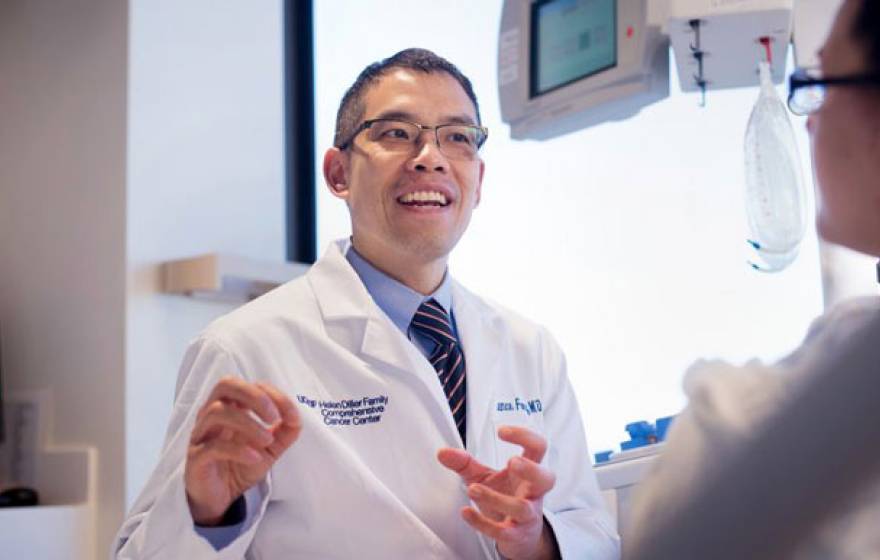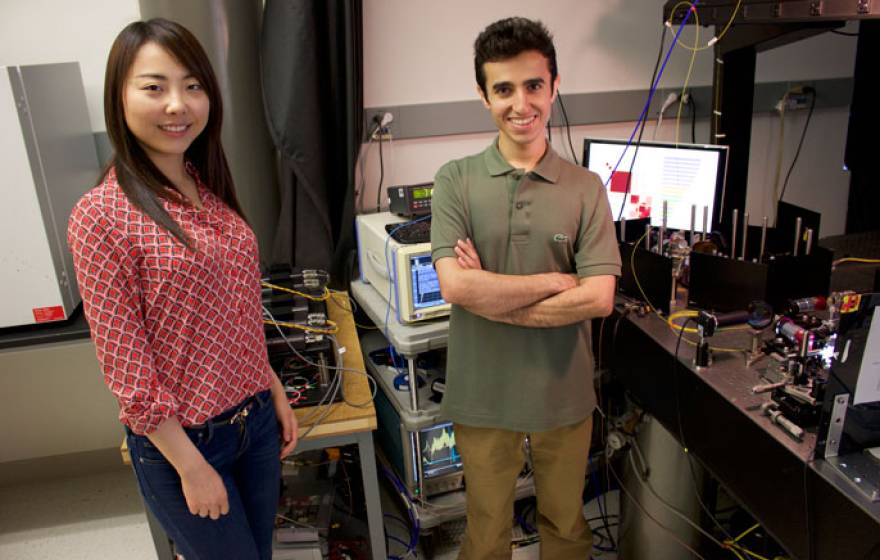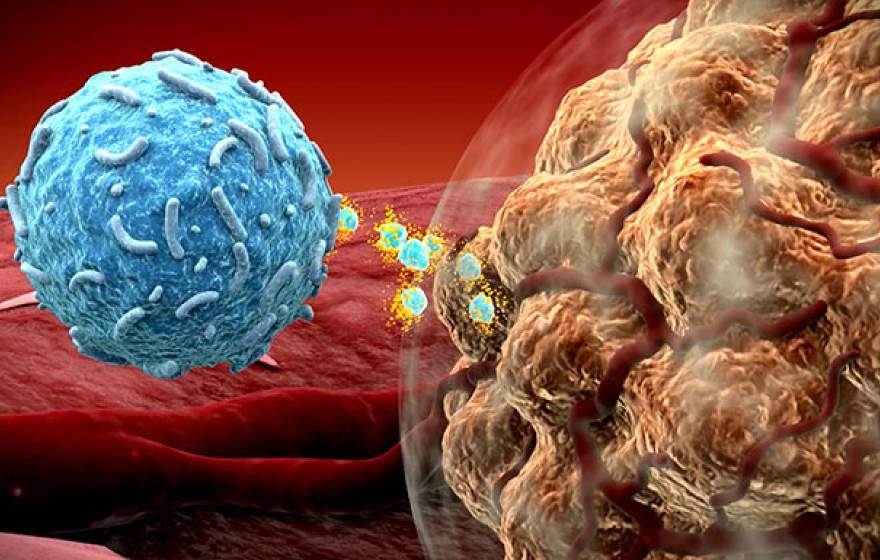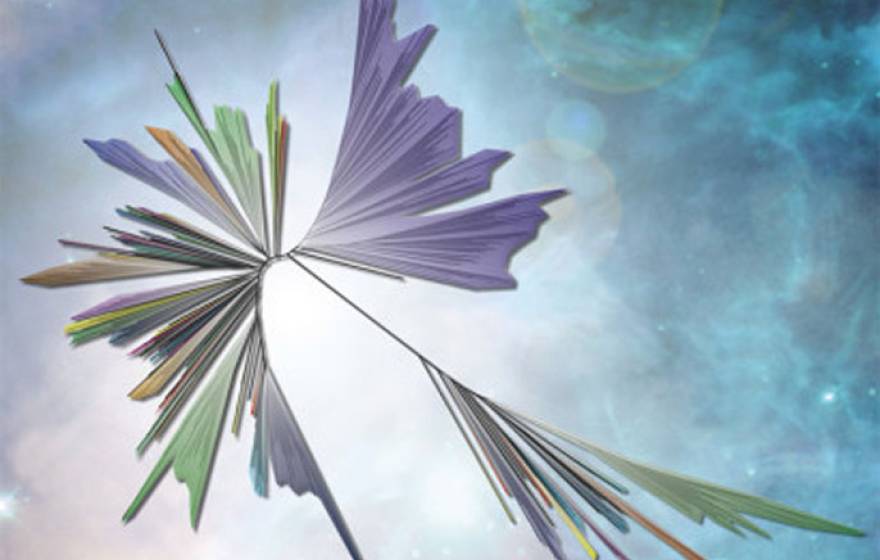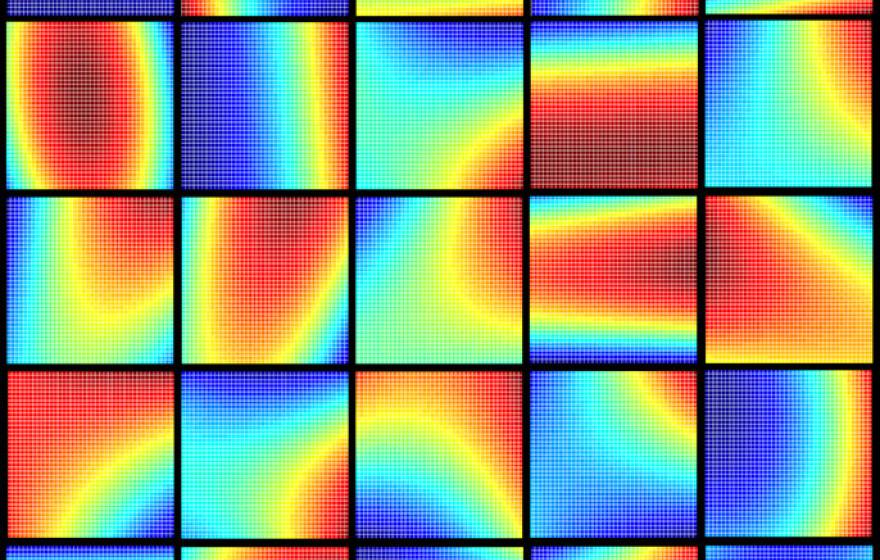Cutting-edge therapies are helping patients keep cancer in check for years.
Scorpion venom yields clues for developing better pharmaceuticals
UC Davis researchers see hope for new medicines in a toxin that chemically reprograms within cells.
All ants on deck
UC Riverside scientists find some ants exhibit memory in the way they form rafts.
Microscope uses artificial intelligence to find cancer cells more efficiently
UCLA-invented device analyzes 36 million images per second and uses deep learning to identify rogue cells.
UCSF, UCLA join collaboration to advance national cancer initiative
Renowned UCSF immunologist to head new Parker Institute for Cancer Immunotherapy.
The tree of life expands
UC Berkeley scientists pull up biology by the roots and reveal new hierarchies in the natural world.
Major advance in biochemistry holds promise for biofuels
UCLA biochemists have devised a way to convert sugar into a variety of useful chemical compounds without using cells.
UC Davis scientists get a new look into how we read
Researchers discover a way to observe brain activity during natural reading, expanding our ability to understand language.
Visual arts and engineering transforming education
Engineers and visual artists collaborate on final projects together in a new studio on the UC San Diego campus.
UCLA study yields the key to effective personalized medicine
New platform optimizes drug doses to prevent organ rejection for transplant patients.
Flitting through eternity
UC Riverside provides some new insight into the physical basis of near-death experiences.
Higher levels of vitamin D correspond to lower cancer risk
Levels of 40 ng/ml or greater can make the disease as much as 67 percent less likely, UC San Diego researchers find.
